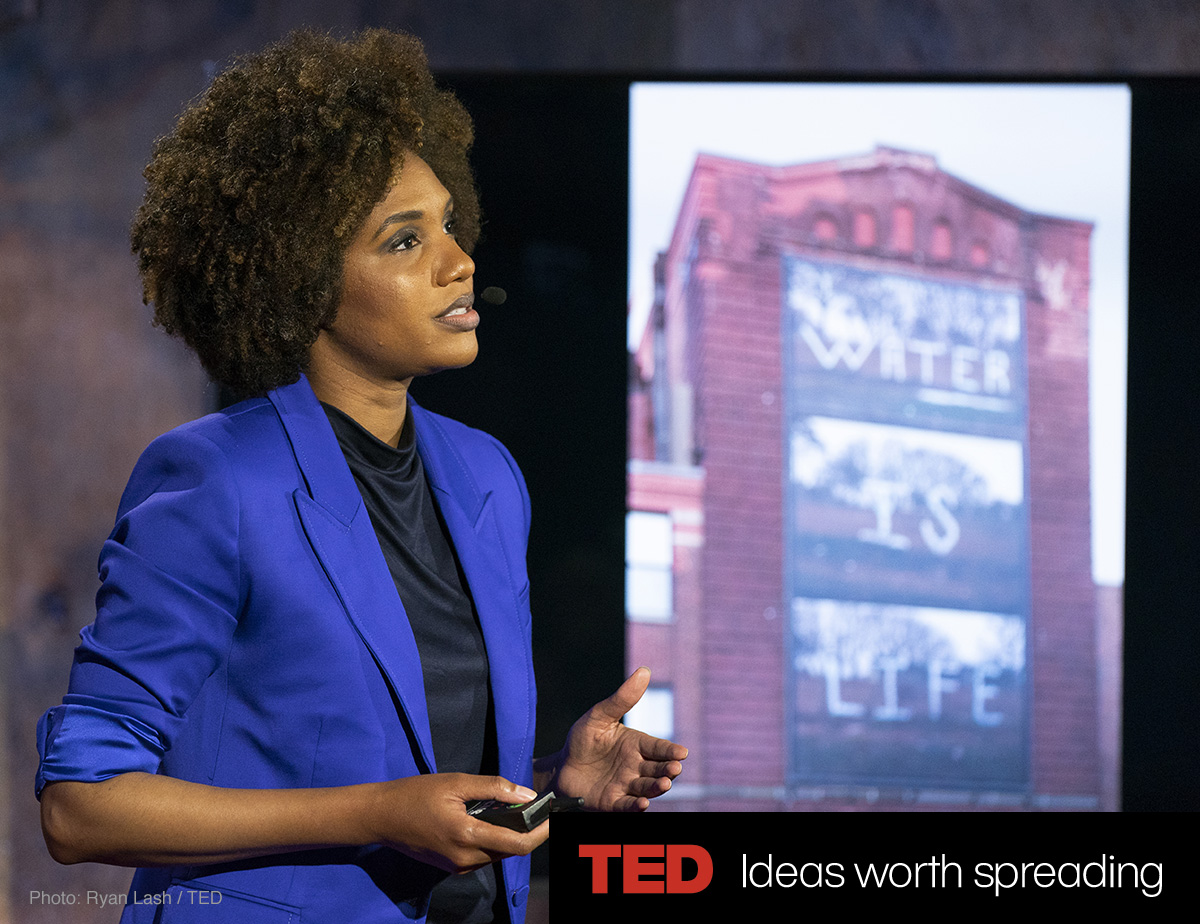Do Artists Have ‘Soft Power’ To Create Political Change?
Frieze Magazine
by Adam Kleinman
An exhibition at SFMOMA, named for the 1990 geopolitical term, considers the relationship between art and activism since the fall of the Iron Curtain

© LaToya Ruby Frazier. Courtesy: the artist and Gavin Brown’s Enterprise
SFMOMA
At the close of the Cold War, the US political scientist Joseph Nye coined the term ‘soft power’, a theory which holds that nations can wield their cultural influence to gain allies more efficiently than by economic or military coercion alone. After nearly 30 years of US co-option, though, the country now finds itself losing most of its friends. ‘SOFT POWER’, curated by Eungie Joo, fittingly turns Nye’s theory on its head, examining how 20 artists ‘deploy art to explore their roles as citizens and social actors.’ Rather than seeking to export values, many of the works on display shine a harsh light on the US’s own socio-political ills.
60 monochromatic panels that comprise Xaviera Simmons’s potent mural-sized assemblage, They’re All Afraid, All Of Them, That’s It! They’re All Southern! The Whole United States Is Southern! (2019), punctuated by more panels with statements on the legacy of chattel slavery, borrow their chequered palette from Jacob Lawrence’s landmark Migration Series (1941), a collection of paintings documenting the transit of black souls to the industrial North during Jim Crow. In a deft curatorial move, the same gallery also includes LaToya Ruby Frazier’s Flint Is Family, Part II (2019), a series of photographs documenting a contemporary African American family that has moved to the South from Flint, Michigan in the wake of that city’s on-going water crisis. Although the spectre of Flint hangs over the images, Frazier’s empowering focus on one family’s life on a Mississippi ranch with fresh spring water counters the ‘if it bleeds, it leads’ style of journalism that sells content through sensationalistic images of violence, particularly against people of colour.
Courtesy of: Frieze Magazine

